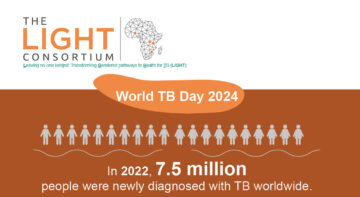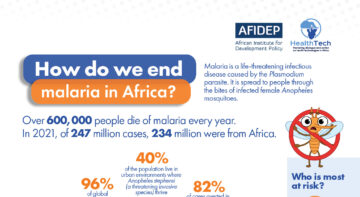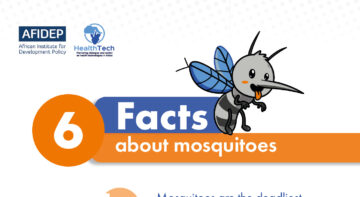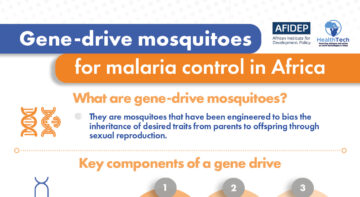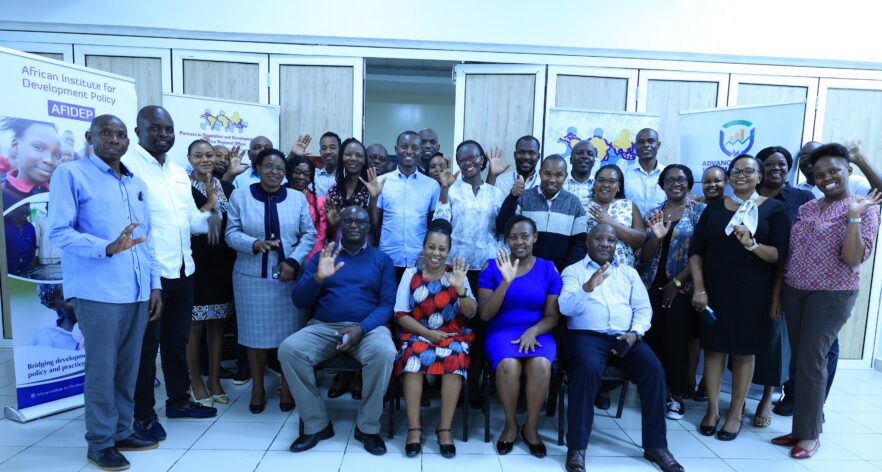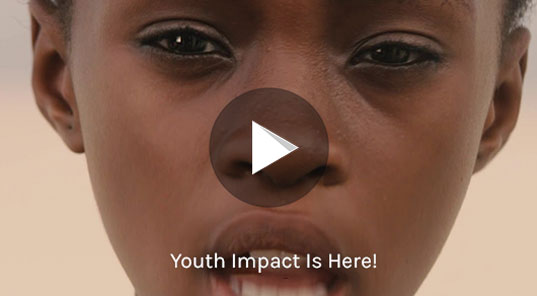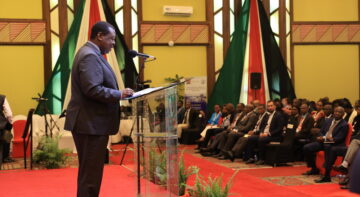
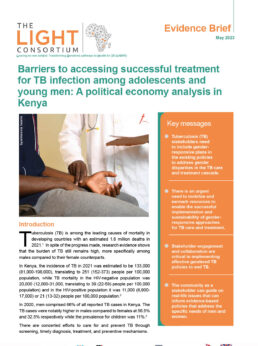
In 2020, men comprised 66% of all reported TB cases in Kenya. The TB cases were notably higher in males compared to females at 56.5% and 32.5% respectively while the prevalence for children was 11%.3 There are concerted efforts to care for and prevent TB through screening, timely diagnosis, treatment, and preventive mechanisms. Read more:
Our Focus Areas
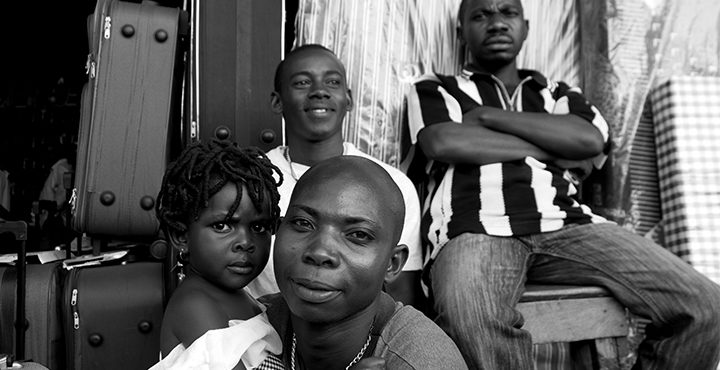


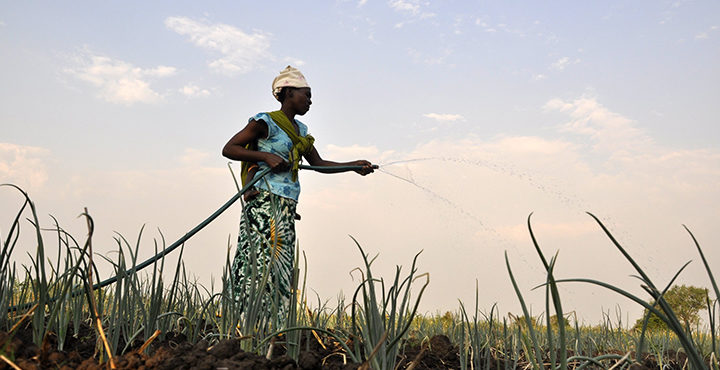
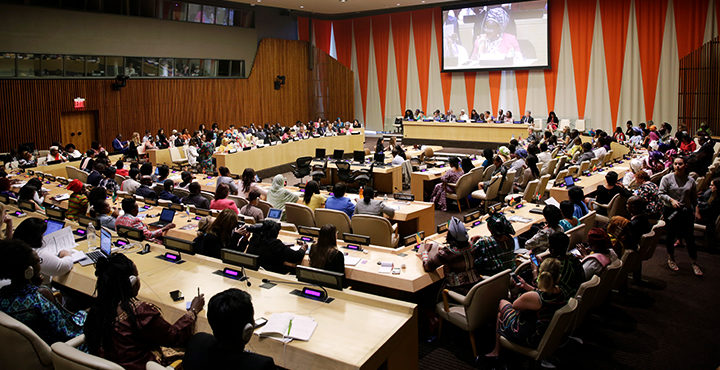
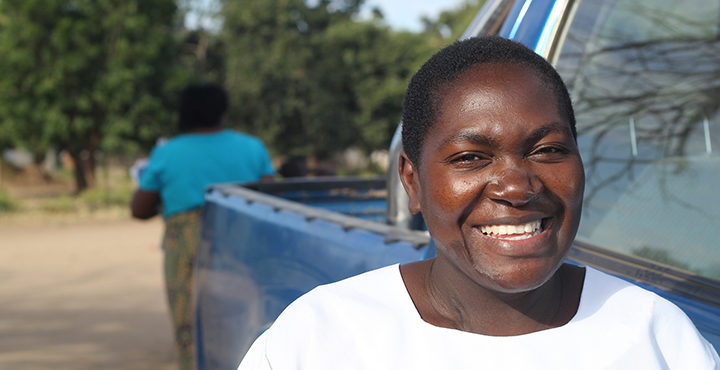
Our Objectives
Leadership Team
Recent Publications

Investing in healthcare is not just a matter of well-being; it’s a strategic move for economic prosperity. Kenya, like many other nations, grapples with a complex web of health challenges, from infectious diseases to non-communicable ailments, all intertwined with broader socio-economic dynamics. By prioritising health, Kenya can unlock its economic potential and foster inclusive growth. Read our evidence brief on macroeconomic importance of health in support of more money for health: A case for Kenya:
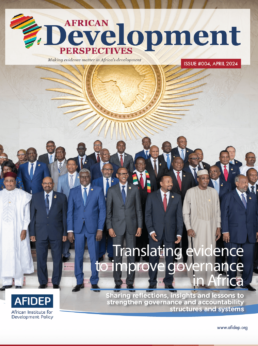
The April 2024 issue of African Development Perspectives, published by the African Institute for Development Policy (AFIDEP), dives deep into some of the key governance issues affecting the continent, including public procurements and public finance management, good governance, human rights, accountability and elections, and autocratic renewal. The issue uses data from AFIDEP’s Africa Integrity Indicators (AII) to interrogate these issues related to governance on the continent, as well as the opportunities for reform.
Latest Multimedia
